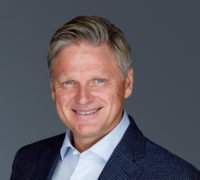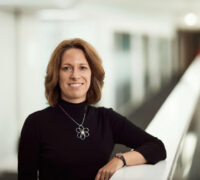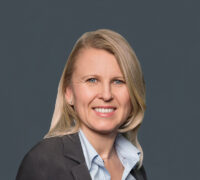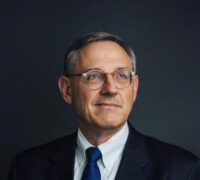Three important questions
Business leaders should ask themselves three questions on the road to decarbonization as they think about new business models, says Haanaes.
How can we avoid substantial social costs when meeting climate goals?
How can companies move away from the take-make-waste model to a circular economy?
Climate change requires that business works in systems – How to create impact together?
“No one company can solve it alone, we need the partnerships and the different players to play along,” said Haanaes, describing the climate crisis as the “ultimate leadership challenge of our time.”
Unprecedented risks
Companies have been slow off the mark, says Anette Mikes, Associate Professor of Accounting at Oxford Saïd Business School, describing the period between 2006 and 2016 as a “lost decade” when around $1 trillion per year in investment was still funnelled into fossil fuels.
In 2021, there is mounting pressure on governments to act, creating the chance for a “watershed decade” if we manage to transition towards a greener energy future, she added.
To do this, companies will need to step outside their comfort zone and liaise with lobby groups and other actors like governments, regulators, and the EU to create the policy framework to respond to the climate change challenge.
Risk managers are now faced with challenges on an unprecedented scale and never-seen-before events.
On the one hand, they are faced with physical risk, such as the extreme weather events that can wreak havoc on their assets, supply chains, employees, consumers and communities. At the same time companies are having to contend with transition risk and the threat of becoming irrelevant because they fail to keep up with changing times, said Mikes.
With extreme weather events becoming more frequent and unpredictable we are also seeing so-called tsunami risks such as last summer’s devastating floods in Germany. Moreover, we are likely to face perfect storms where droughts lead to rising food prices, social unrest and forced migrations. Finally, business needs to be braced for so-called Black Swan events that cannot be predicted but which threaten to overwhelm our control capabilities.
YouTube






 Podcast available
Podcast available